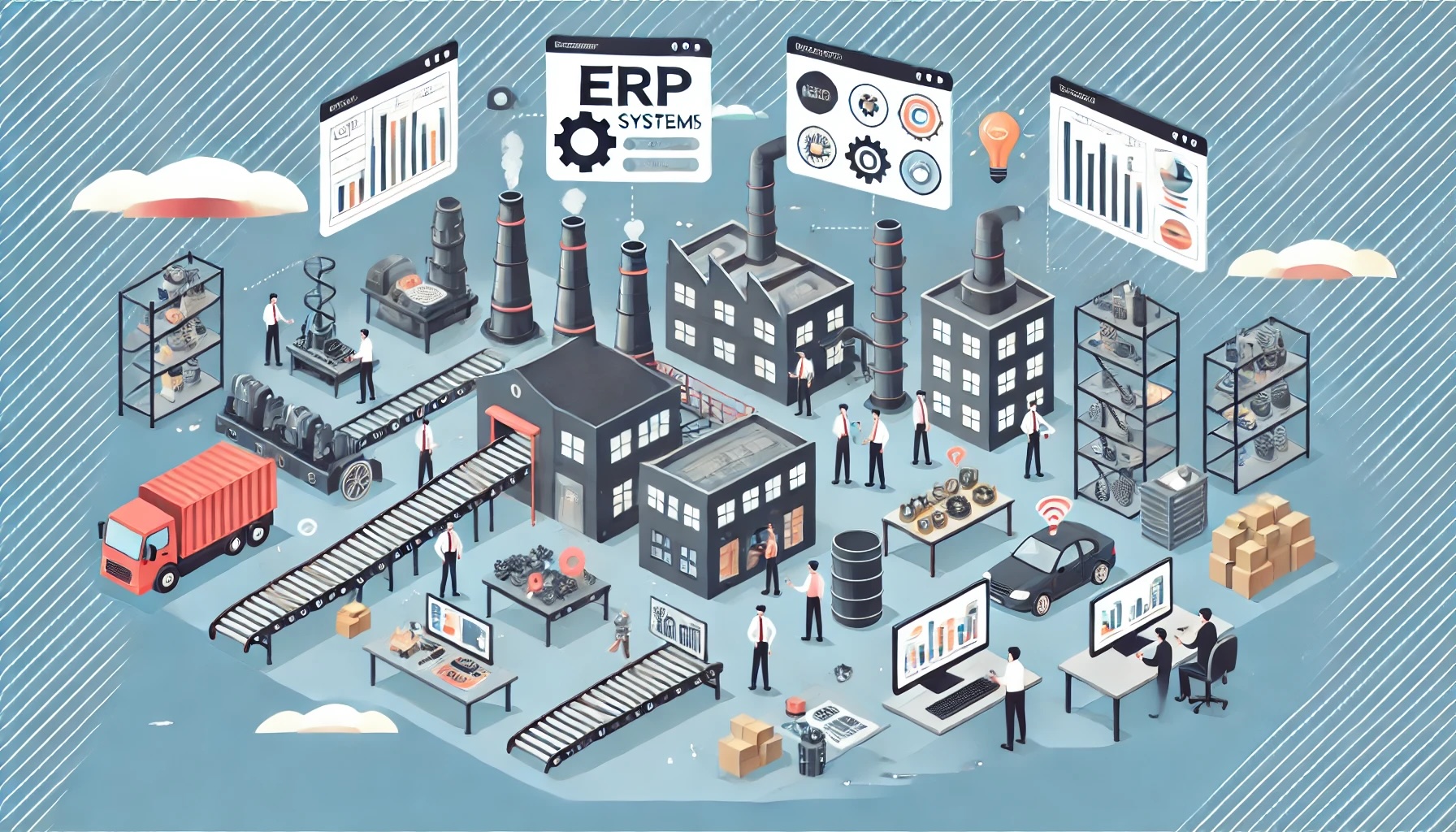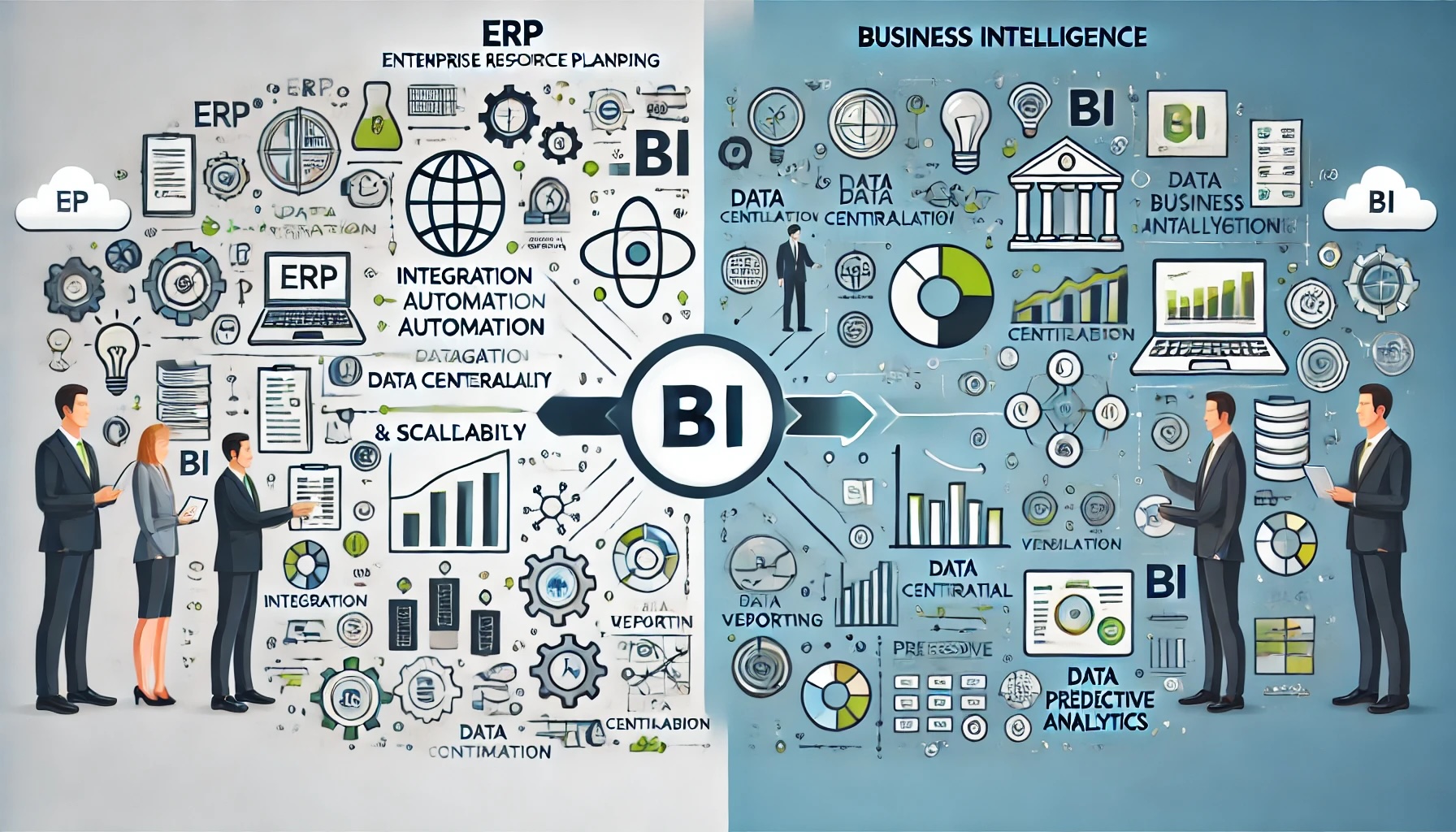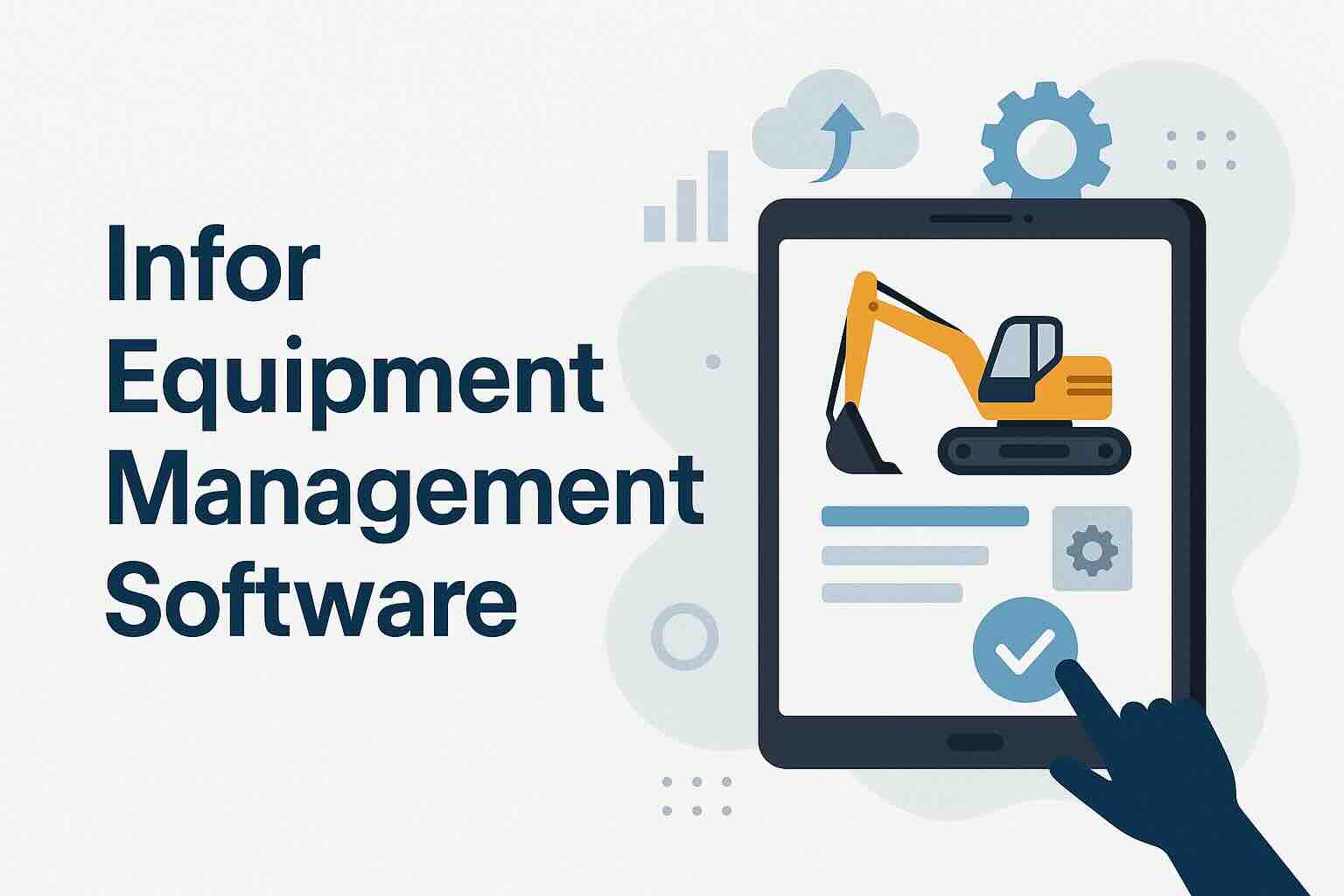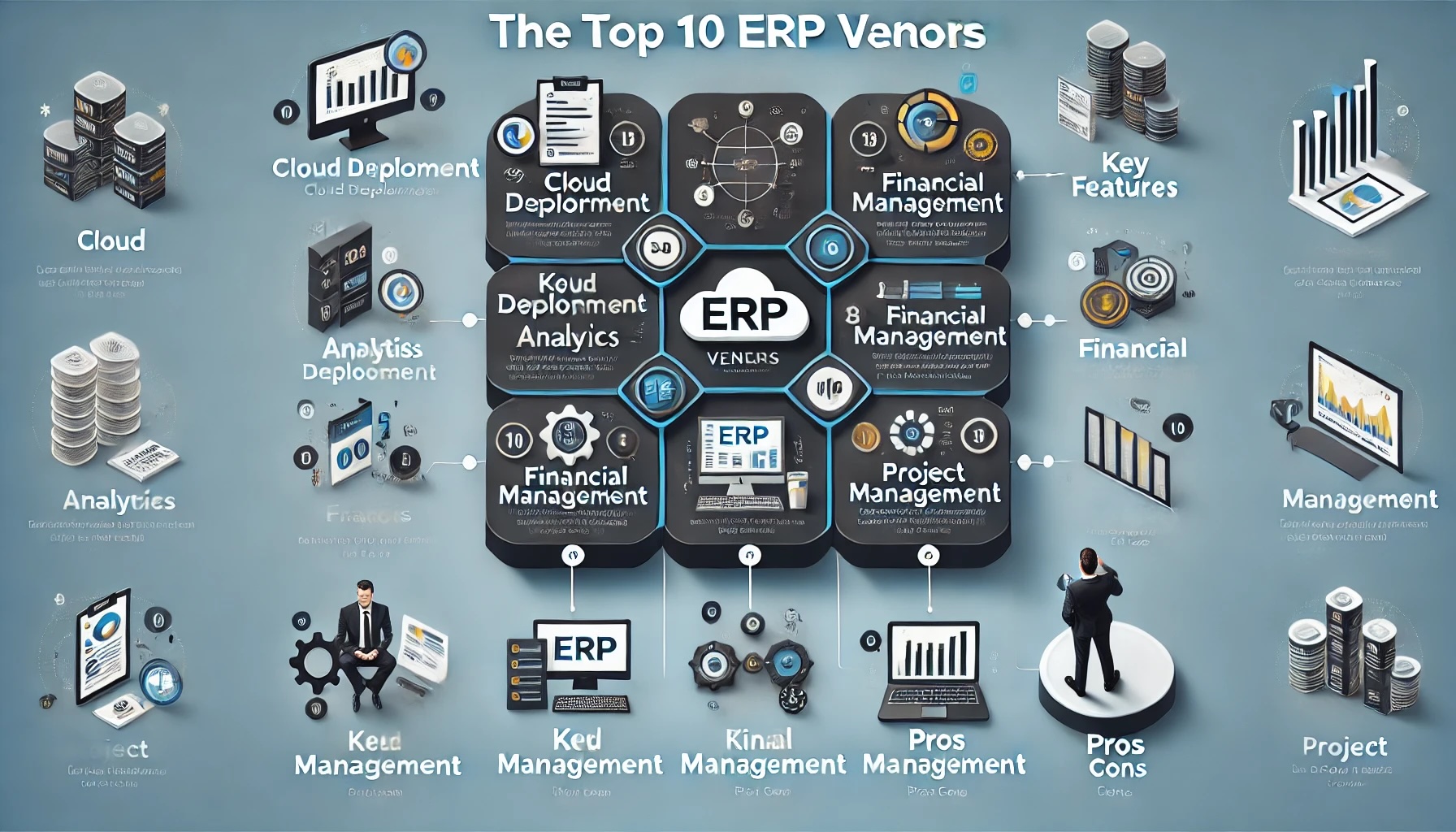SAP S/4HANA ERP for the Distribution Industry: Transforming Operations with Precision and Agility

In an era where efficiency and agility are paramount, the distribution industry faces mounting challenges. From supply chain disruptions to rising customer expectations for seamless delivery, businesses must innovate to stay competitive. Enter SAP S/4HANA, a next-generation ERP solution designed to address the unique needs of the distribution sector. This blog explores the merits of SAP S/4HANA ERP for the distribution industry, showcasing its tailored functionalities, strategic advantages, and potential to redefine operations.
Understanding SAP S/4HANA ERP for the Distribution Industry
SAP S/4HANA represents a seismic shift from traditional ERP systems. Powered by SAP’s HANA in-memory database, it enables real-time analytics and decision-making, a critical feature for distributors juggling complex supply chains and fluctuating market demands.
Key capabilities that set SAP S/4HANA apart include:
- Inventory Optimization:
- SAP S/4HANA offers advanced inventory management tools, allowing distributors to maintain optimal stock levels. Real-time inventory insights minimize overstocking and understocking, translating into cost savings and better customer satisfaction.
- Demand Forecasting:
- By leveraging predictive analytics, distributors can anticipate customer demand with higher accuracy. This reduces the bullwhip effect—a common pain point—and streamlines procurement and production planning.
- Integrated Supply Chain Management:
- SAP S/4HANA integrates supply chain processes, providing end-to-end visibility. This ensures distributors can respond quickly to disruptions, optimize logistics, and meet service-level agreements (SLAs).
- Omnichannel Order Fulfillment:
- With integrated sales and distribution modules, SAP S/4HANA empowers distributors to handle orders from multiple channels—be it e-commerce, wholesale, or retail—seamlessly.
Why SAP S/4HANA Stands Out for Distributors
The distribution industry is characterized by intricate networks, thin margins, and a relentless demand for speed. SAP S/4HANA provides distributors with the tools to not only meet these demands but exceed them. Below, we explore its strategic strengths:
1. Real-Time Insights for Proactive Decisions
SAP S/4HANA’s in-memory computing allows for instantaneous data processing. This real-time visibility enables distribution companies to detect issues, such as bottlenecks or delays, and resolve them before they escalate. For instance, a distributor can monitor delivery performance in real time, proactively rerouting shipments to avoid delays and maintain customer trust.
2. Enhanced Customer Experience
Customer expectations are at an all-time high. SAP S/4HANA’s customer engagement tools provide distributors with a 360-degree view of their clients, allowing for personalized interactions and tailored service offerings. This capability helps distributors retain loyalty in a highly competitive market.
3. Scalable and Flexible Architecture
Distribution businesses often experience seasonal fluctuations or sudden market shifts. SAP S/4HANA’s cloud-based deployment options allow companies to scale resources up or down as needed. This flexibility ensures cost-effectiveness without compromising operational efficiency.
4. Comprehensive Industry Support
SAP S/4HANA’s product portfolio includes specialized features for sub-industries within distribution, such as wholesale, retail, and logistics. These industry-specific functionalities ensure the solution adapts to unique operational requirements.
Specific Industry Capabilities of SAP S/4HANA ERP
SAP has invested heavily in tailoring S/4HANA to meet the nuanced needs of the distribution industry. Some standout features include:
A. Advanced ATP (Available-to-Promise)
Distributors must commit to delivery dates accurately to build customer trust. SAP S/4HANA’s ATP functionality considers inventory, production, and supply constraints in real-time, ensuring reliable delivery commitments.
B. Transportation and Logistics Integration
The system integrates transportation management, enabling distributors to optimize routes, reduce freight costs, and ensure timely delivery. Real-time tracking enhances transparency for both businesses and their customers.
C. Rebate and Incentive Management
Managing complex rebate programs is a breeze with SAP S/4HANA. Its automated rebate management tools ensure accurate calculations, avoiding revenue leakage and enhancing profitability.
D. Global Trade Compliance
For distributors operating across borders, SAP S/4HANA includes tools for managing customs, tariffs, and international trade regulations, reducing compliance risks.
Business Outcomes: What Distributors Can Achieve with SAP S/4HANA
The adoption of SAP S/4HANA ERP for the distribution industry has far-reaching impacts. Distributors can expect to achieve:
- Improved Profit Margins: Optimized operations and better cost control lead to healthier margins, even in competitive markets.
- Operational Resilience: The integrated nature of SAP S/4HANA minimizes disruptions, ensuring business continuity during challenges like supply chain crises.
- Faster Time to Market: Enhanced planning and execution capabilities mean distributors can adapt quickly to market changes or new product launches.
- Data-Driven Growth: With comprehensive analytics, distributors can uncover new revenue streams and make informed expansion decisions.
Conclusion: A Strategic Partner for Distribution Excellence
SAP S/4HANA ERP for the distribution industry is more than just a technology solution; it is a strategic enabler for growth, efficiency, and resilience. By combining real-time insights with robust functionality, it empowers distributors to navigate today’s challenges while preparing for tomorrow’s opportunities.
For senior business leaders in the distribution industry, adopting SAP S/4HANA is not just a matter of staying competitive—it’s about securing a foundation for sustained success in an ever-evolving market.
Whether you’re looking to streamline operations, enhance customer satisfaction, or drive profitability, SAP S/4HANA delivers the tools to achieve these goals and more. Embracing this next-generation ERP system is an investment in the future of distribution.
To find out more about SAP S/4HANA you can visit this link.
To compare SAP S/4HANA with 100s of other ERP solutions, you can use our new AI-powered Compare ERP tool. It’s free to use and you get a guaranteed discount on your first year’s licence fees with a referral from Compare ERP.









